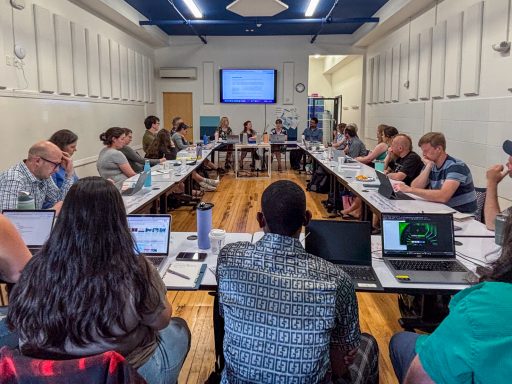Increasing Access to STEM Education
MMSA advances equitable STEM education by partnering with educators and organizations on the grant-funded projects below to support underserved communities and under explored subjects.
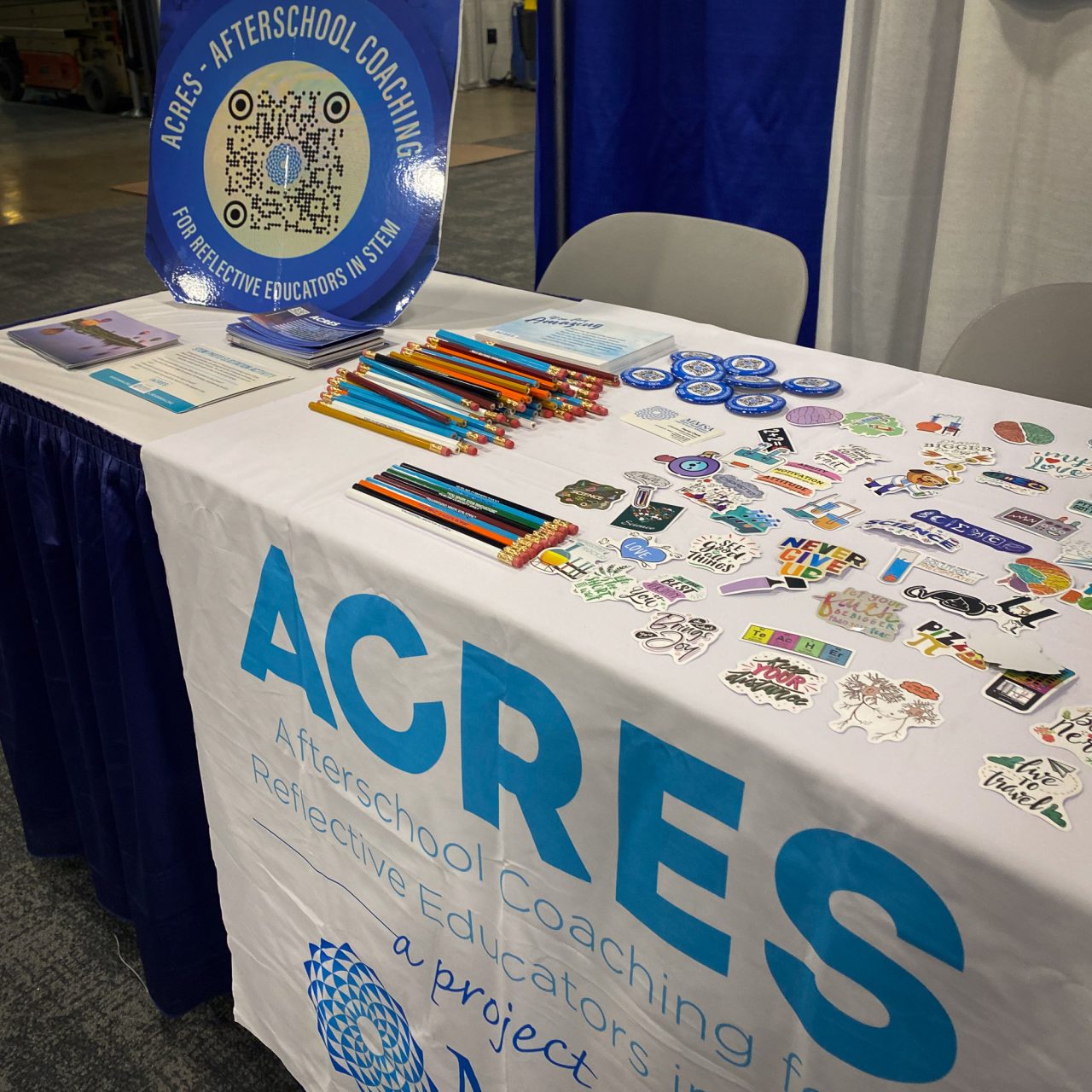
ACRES
This program provides high-quality, meaningful STEM coaching in afterschool spaces. Educators can now access ACRES FREE coaching resources directly.
 Seeking Participants
Seeking Participants
Building Strong Foundations: An Early Numeracy Initiative
This early numeracy project empowers educators to build on children’s natural thinking and brings math to life through games, outdoor learning, and community engagement.
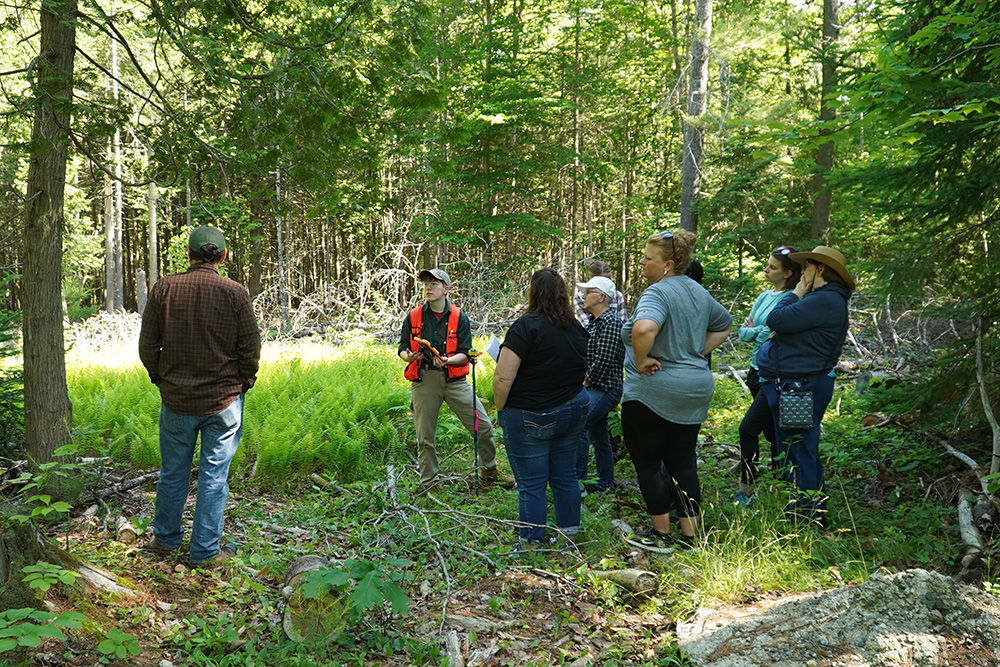
Maine-FOREST
A collaborative project between University of Maine and multiple partners that is fostering a diversified, climate-smart forest ecosystem, communities, and economy.
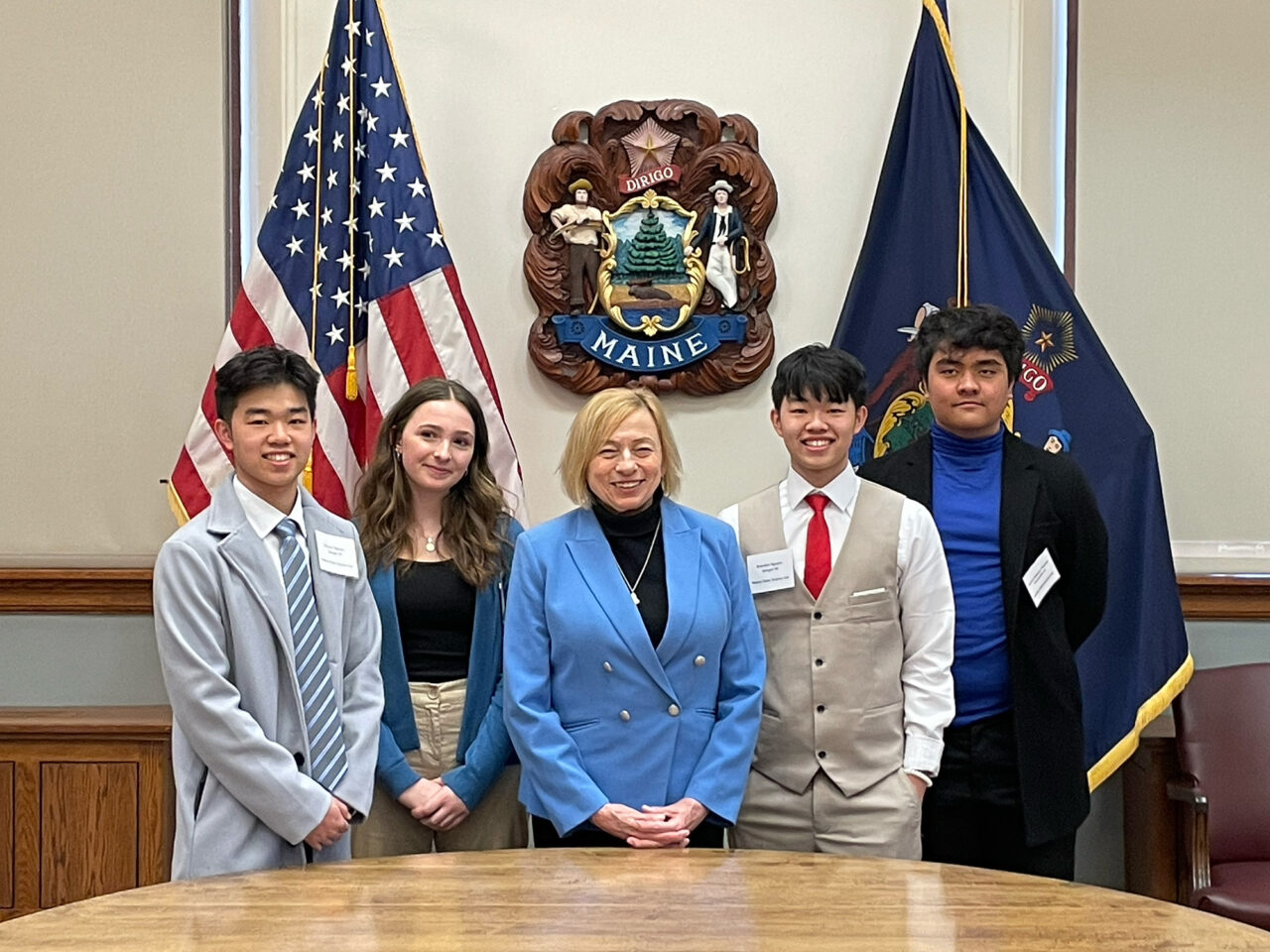 Seeking Participants
Seeking Participants
Maine Science Fairs
Annual fairs hosted by MMSA for students to ask questions and solve real-world problems by conducting science and engineering projects.
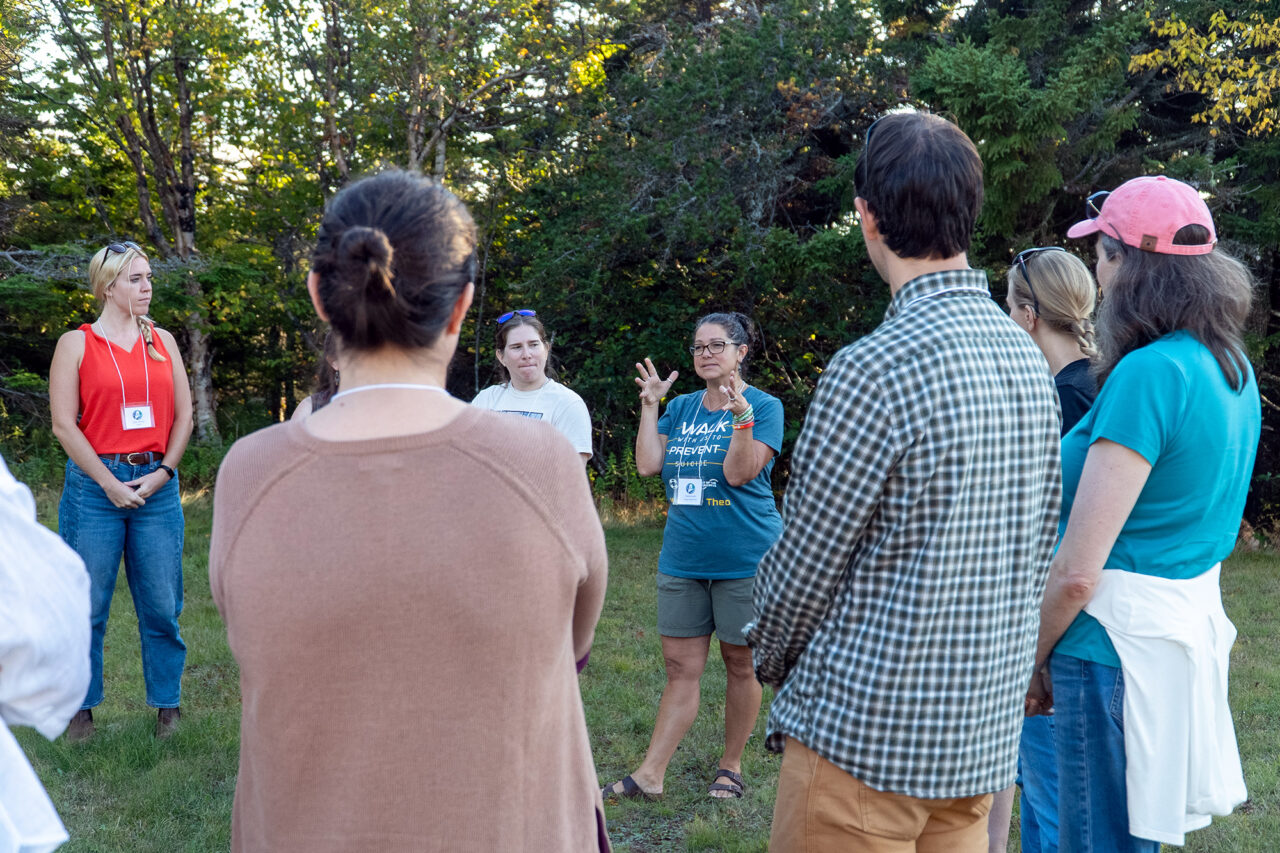 Seeking Participants
Seeking Participants
Maine-Bridge
Maine-Bridge gives middle and high school STEM educators the opportunity to step directly into the world of real scientific research.
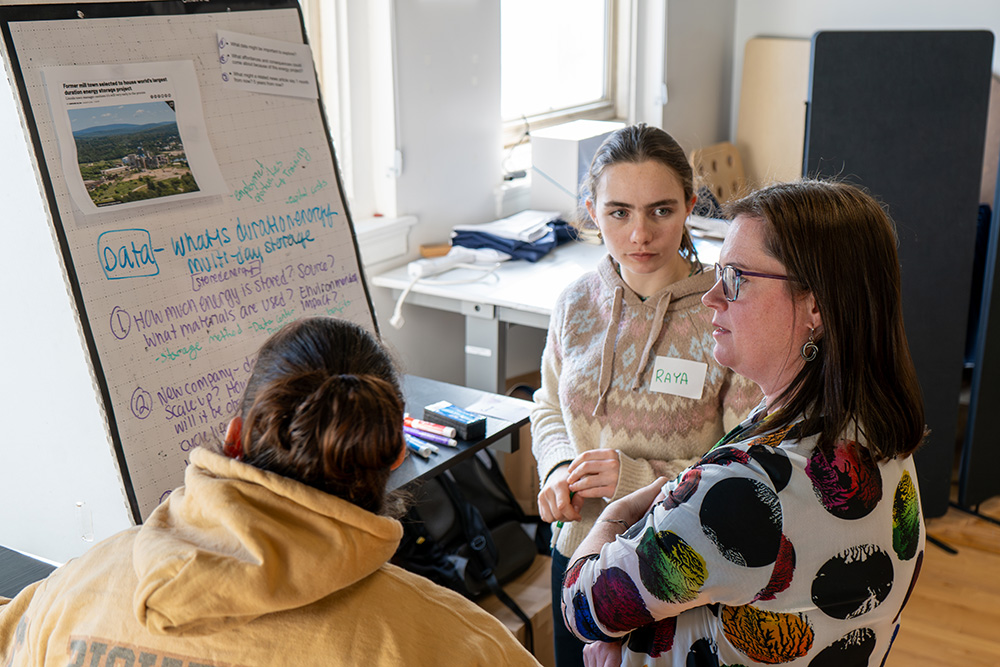 Seeking Participants
Seeking Participants
Rural Energy Futures
This initiative brings together energy experts, local communities, and middle and high school students to explore energy transition and careers in rural Maine.
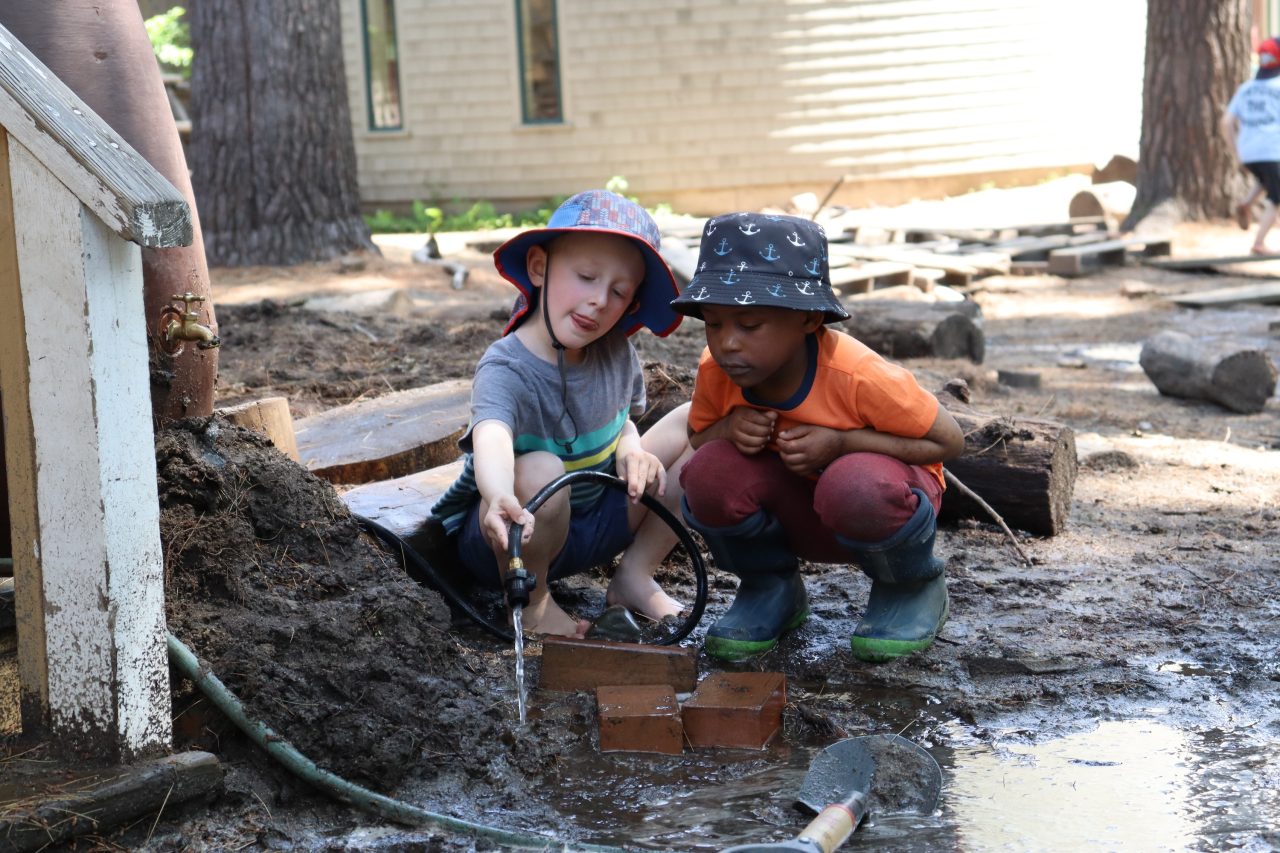
SciEPlay
Supporting Play-based Engagement with Science and Engineering Practices in Early Learning Environments
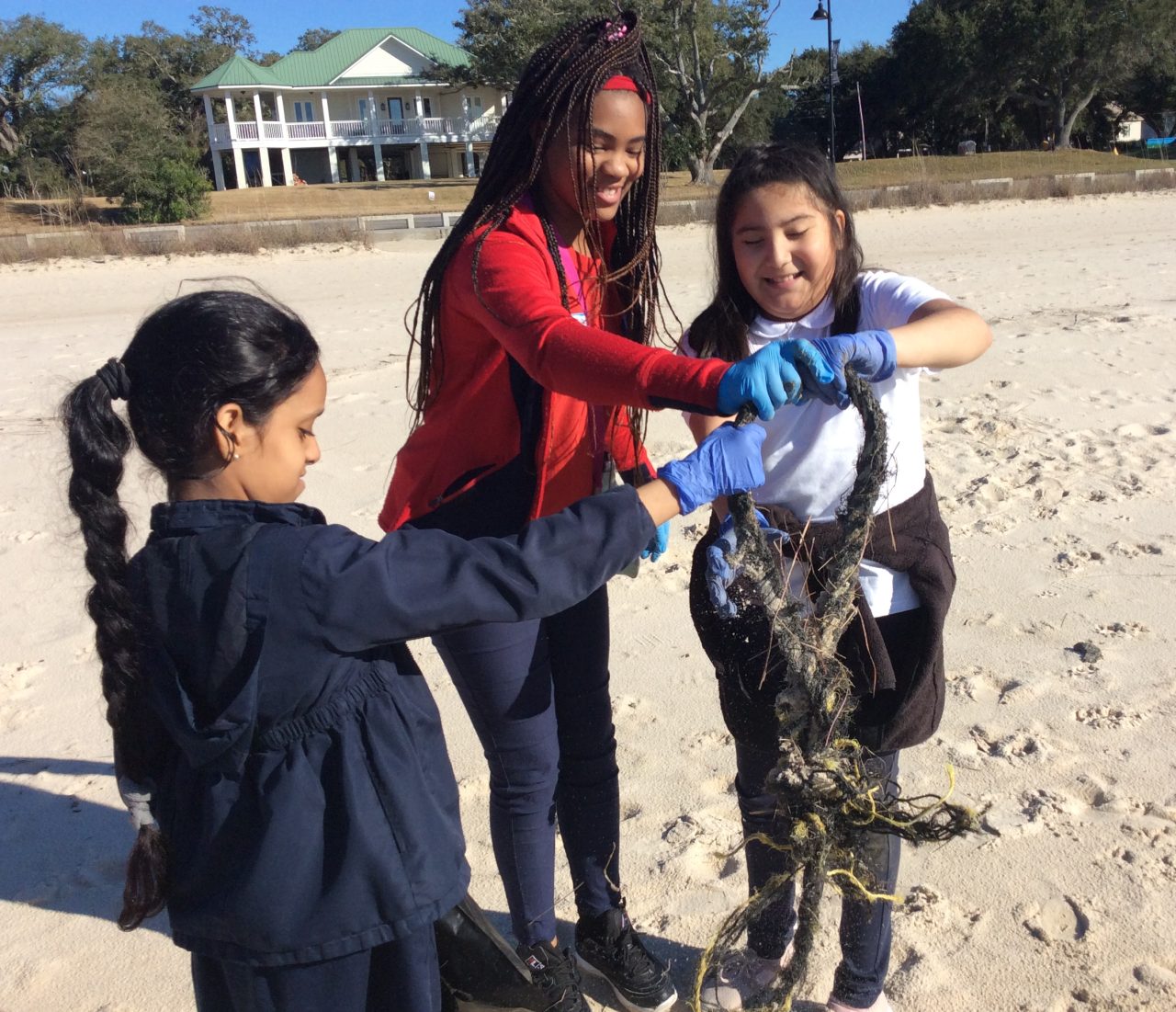
Sensemaking about Place
Empowering educators to act as future change agents to engage school-wide transitions to local phenomena-based science.
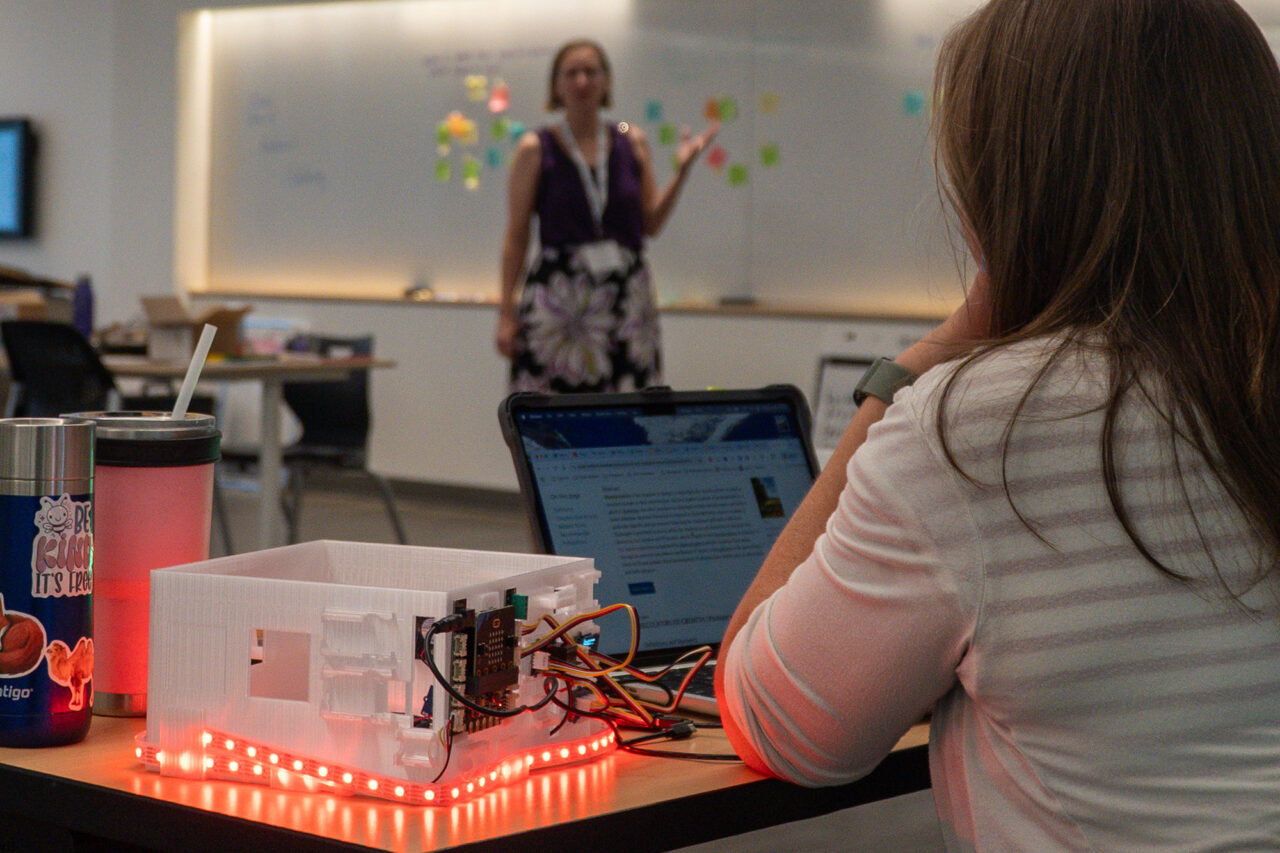 Seeking Participants
Seeking Participants
Smart Greenhouses
MMSA has embarked on a collaboration with the Boston College Lynch School of Education and Human Development to bring their Smart Greenhouse curriculum to Maine schools.
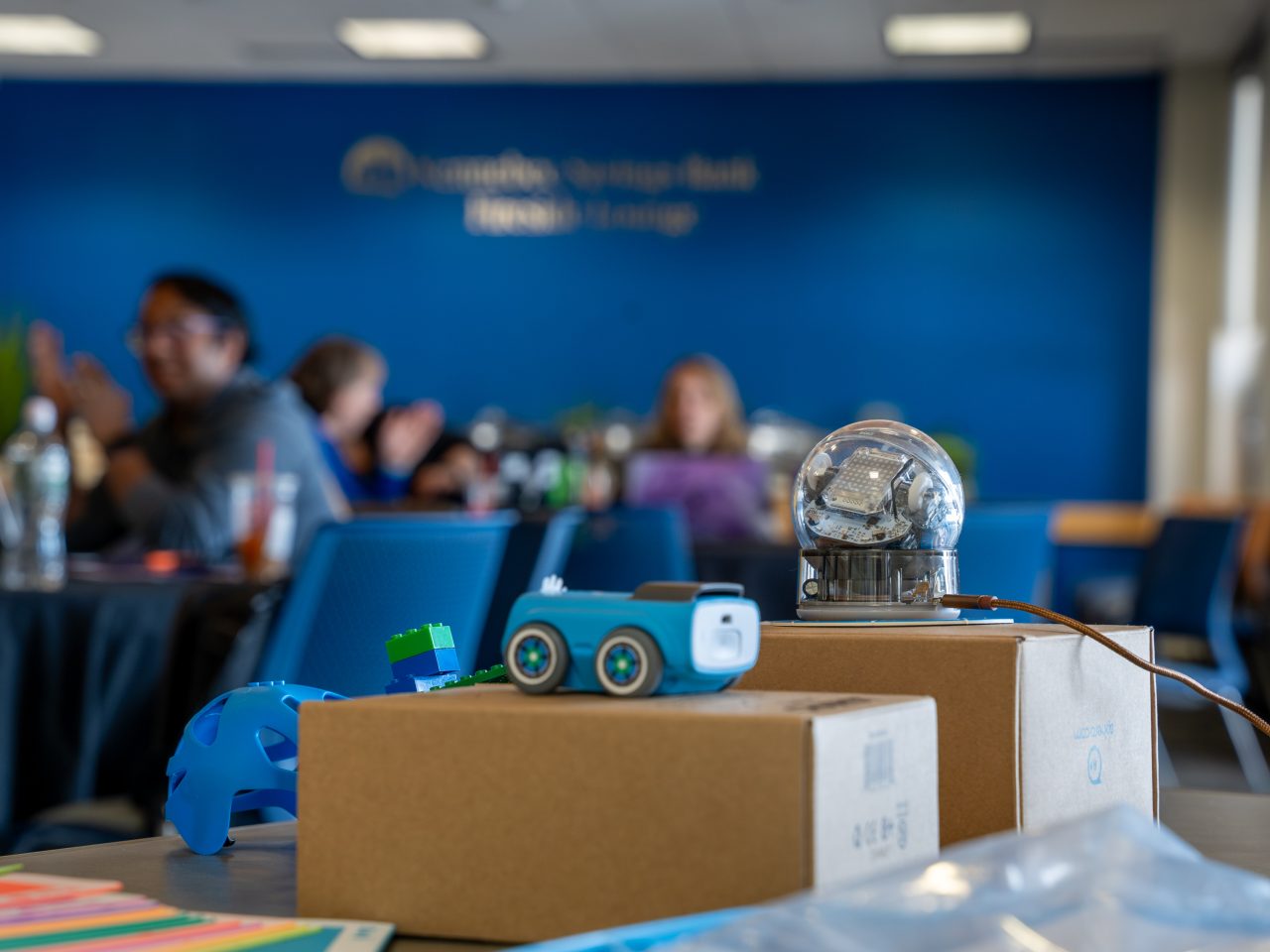
STEM Workforce Ready 2030
WFR is creating a network of teacher leaders committed to increasing equitable access to computer science (CS) learning in rural classrooms across Maine.
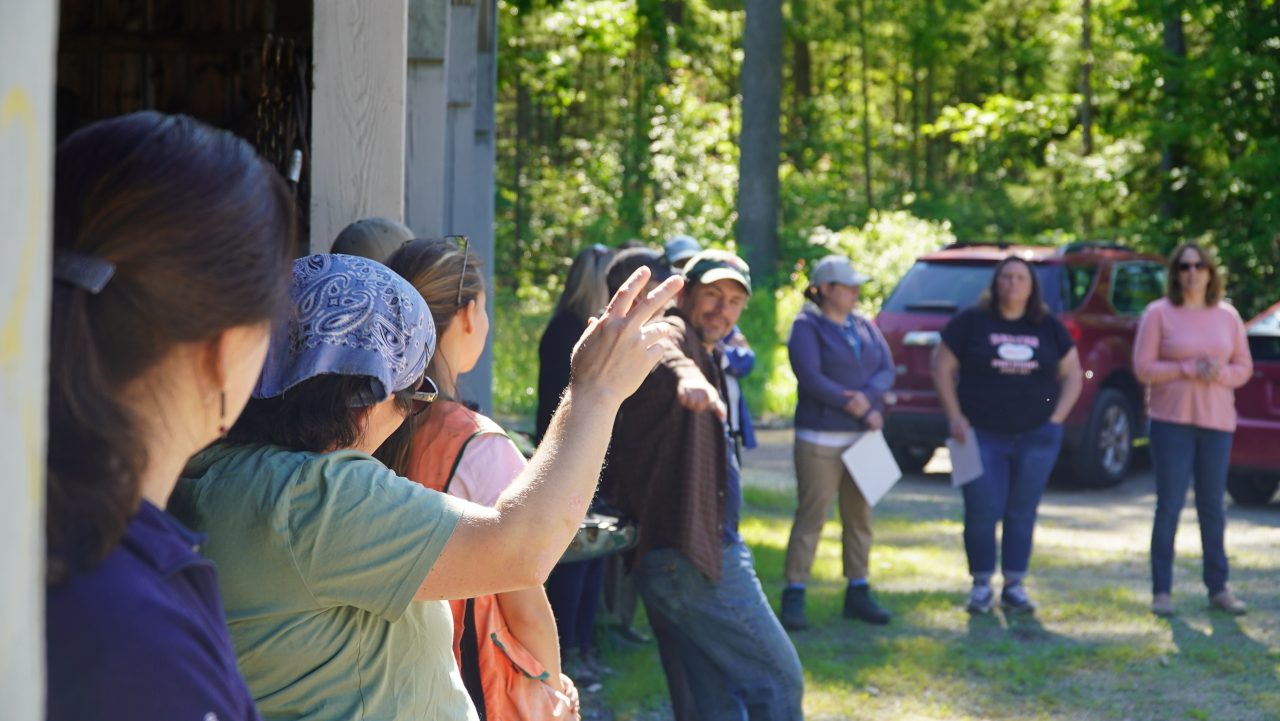
Teach ME Outside
TMO supports local communities to ensure all Maine youth have access to culturally relevant, hands-on, environmental learning opportunities.
